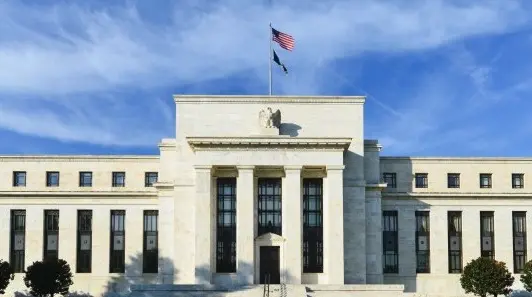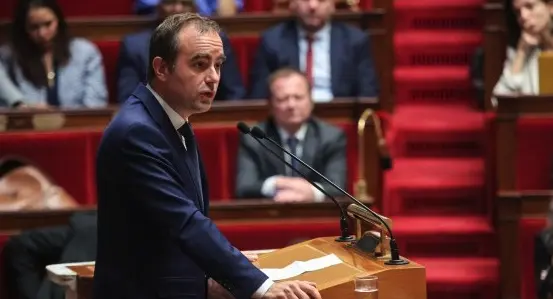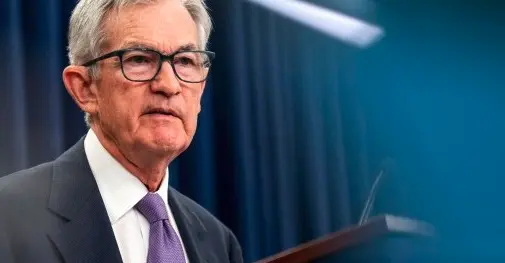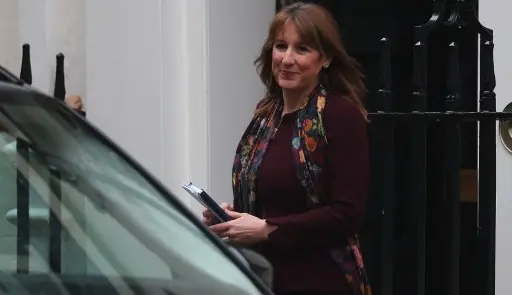► ECB monetary policy decision, with the ECB, as widely expected, deciding to lower its three key interest rates by 25bp for the sixth time in a row. At the same time, the tone of the statement was rather hawkish, with monetary policy described as becoming “meaningfully less restrictive”, suggesting that the neutral rate is not far off. Our economists still put the terminal rate at 2% in June in the face of sticky inflation, while acknowledging there is a higher risk of a pause over the next few Governing Council meetings, in which case the terminal rate would only be reached at the end of the summer (see ECB March meeting: monetary policy “meaningfully” less restrictive).
► European push to increase defence spending and the German “whatever it takes”, with the announcement on 4 March of a massive investment plan that will be put to the German Parliament (€500bn infrastructure fund and exemption of defence spending above 1% of GDP from the debt brake rule), again dominated the session, with a further rise in sovereign yields. The consequences of this possible paradigm shift are analysed by our strategists (see Paradigm shift in European defence?). On Thursday evening, the European Council confirmed the positive reception of the European Commission's proposals by European leaders regarding defence (ReArm Europe presented on March 4, aimed at mobilizing €800 billion for a “safer and more resilient Europe”).
► The announcement by Donald Trump and the Secretary of Commerce Howard Lutnick of a temporary 1-month tariff exemption for Canadian and Mexican goods covered by the North American trade agreement, so until 2 April, this when new customs tariffs came into force yesterday morning.
Rates: after opening 6bp higher than at Wednesday’s close, the yield for the 10Y Bund seemed to find an equilibrium level during the session around 2.85%. The morning's retracement was interrupted by a more hawkish-than-expected monetary policy statement from the ECB (accompanying a 25bp rate cut, as widely expected) despite new macroeconomic forecasts (drawn up before the agreement reached by future members of the next German coalition government on a significant increase in public investment) which support the current rate cut path. This consolidation also reflects a wait-and-see attitude towards the outcome of the European Council negotiations underway in Brussels on support for Ukraine and future EU military spending. Following the ECB monetary policy decision, investors began to envisage a pause at the April meeting, with only a 3 in 4 probability of a further cut. Nevertheless, yield curves continued to steepen, with the 2Y-10Y segment of the German yield curve up by 4bp. Peripheral spreads remained stable, with the 10Y OAT-Bund and BTP-Bund spreads trading at 71bp and 112bp, respectively.
Equities: after a rather bearish start to the session, European indices went on to close in the green: +0.6% for the Eurostoxx 50, +1.5% for the DAX. The Stoxx 600 was flat, with declines by real estate, telecoms and healthcare counterbalancing further gains by industrials and materials. The FTSE was also on the back foot, weighed down by techs, consumer cyclicals and banks. In the United States, the bearish momentum carried over, with disappointing earnings reports out of the tech sector dragging down the broader index, the Nasdaq and Magnificent 7 underperforming. The VIX bounced back by 3 points, nearing 25.
FX: the DXY dollar index extended its correction to 103.99, setting a four-month low, down 0.28% over the session amid fears of a prolonged trade war and the euro's continuing rebound. After the ECB meeting, the EUR/USD continued to rise, reaching a four-month high of 1.0853 before returning to 1.082 at the end of the day. The euro also appreciated against sterling, putting on 0.3% to 0.840, but not against the Swiss franc, the EUR/CHF declining by 0.36% to 0.958. Turning to emerging currencies, the Mexican peso appreciated sharply, with the USD/MXN pulling back to 20.273 after the latest suspension of US tariffs until April.
Credit: in contrast to the previous day's session, and despite Bund recording another significant fall (-0.5 figure) and a 25bp cut in ECB rates, credit did not benefit, with iTraxx indices closing wider (+0.8bp for the Main). Rentokil clearly underperformed the Main (its 5Y CDS widening by +5.3bp, while its share price plunged 10.8%) after disappointing results, particularly in North America. In the cash market, spreads widened somewhat against benchmark after the previous day's rally, with real estate clearly underperforming (+10bp on average for seniors, +30bp to +50bp for hybrids against swap), in particular High Beta names (+20bp to +30bp for the Aroundtown seniors, +50bp for its hybrids).
Commodities: oil prices moved lower during Wednesday's session, with Brent down 0.8% near the close, trading around $68.8/bbl. Prices tracked the broader market lower, whilst the pause in the imposition of US tariffs was also priced bearishly given market expectations tariffs would tighten oil supply in the US. European gas prices closed 7.7% lower at €37.9/MWh as the European Council made a statement urging the European Commission, Ukraine and Slovakia to intensify efforts regarding the resumption of gas transit via Ukraine.
















































































